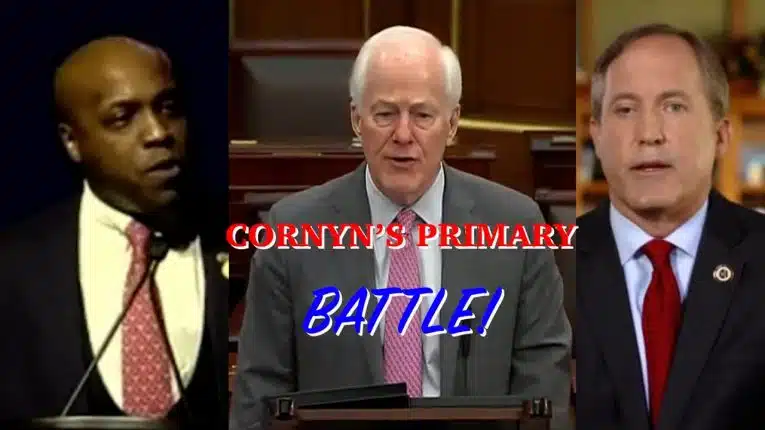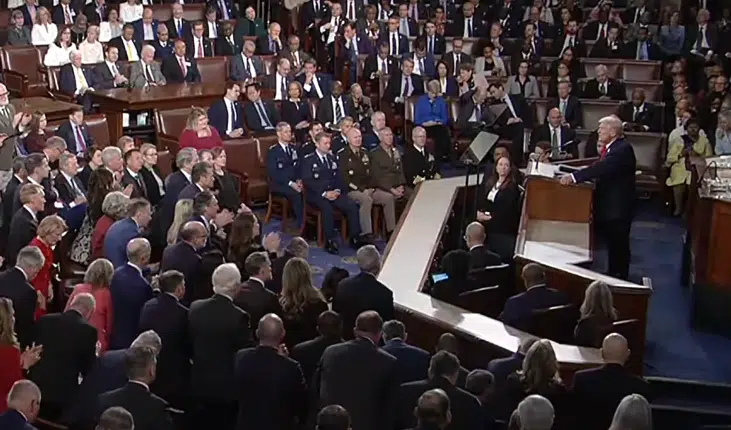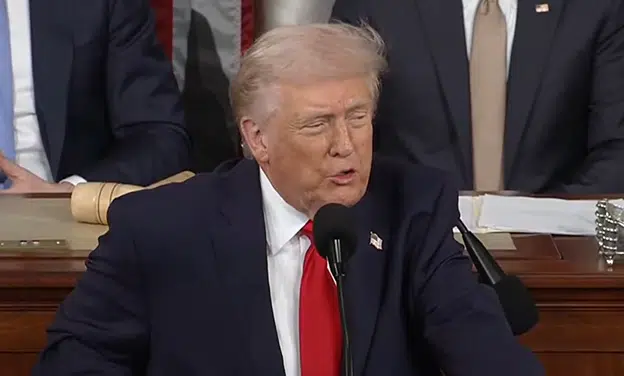By Marita Noon
 The solar industry has poured a startling amount of effort and funding — much of it backed by California-based, billionaire hedge fund manager Tom Steyer, who is heavily invested in solar — into attempting to gain the legislative favor needed for it to survive.
The solar industry has poured a startling amount of effort and funding — much of it backed by California-based, billionaire hedge fund manager Tom Steyer, who is heavily invested in solar — into attempting to gain the legislative favor needed for it to survive.
Nationwide, the growth of the renewable power industry is dependent on a combination of big government mandates, tax credits, and subsidies — making it the perfect target of wrath from limited-government, free-market, and/or fiscally-conservative individuals and policymakers.
Some proposed legislation would prop up the industry (Florida), and force it to stand on its own (Louisiana).
In Louisiana, about 80 percent of the cost of solar installation is paid for through a combination of federal and state tax credits.
In discussing the state’s dramatic $1.6 billion budget shortfall, The Advocate’s Mark Ballard, on April 6, aptly pointed out that the solar industry promises a “full-court press to protect” Louisiana’s generous tax credits that it says are “vital to its survival.” Ballard cites State Revenue Secretary Tim Barfield, who called the solar tax credit’s cost to the state’s taxpayers “one of the fastest-growing. The solar credit cost $63.5 million in 2014, up from $9 million in 2013.” Plans to ratchet back — not remove — the tax credit, Ballard reports, could save the state $57 million.
Facing the loss of the essential-to-survival tax credit, legislators have been besieged by solar supporters. State Senator Robert Adley says many, claiming to be “a businessman,” have sat in his office to plead the case. He snaps back, “You are not a businessman. A real businessman has skin in the game; has his own money at risk. With eighty percent of your costs coming from the taxpayers, you don’t depend on the market, you depend on the government. You are feeding at the trough.”
Representative J. Lance Harris agrees. “This subsidy absolutely makes no sense, there’s no energy crisis! We’ve got plenty of oil, plenty of natural gas, and plenty of electricity. What if the taxpayer subsidized eighty percent of the cost of a new Porsche for anyone who wanted one? There’s no difference; it’s misguided and ridiculous.”
As part of its “full-court press,” the solar industry is bringing the Tea Party’s Judas Iscariot equivalent to town. Debbie Dooley, who was part of the original Tea Party movement back in 2009, has since capitalized on the affiliation by claiming — as she did in her April 7 Facebook post crowing about “speaking directly after Al Gore” at an event in New York — that she is “advancing energy choice in a conservative way through free market competition.”
A power source that depends on big government handouts of taxpayer dollars for “survival” doesn’t qualify as “conservative” or “free market.”
During a recent trip to Louisiana, I was discussing the state’s generous solar subsidies on Jeff Crouere’s Ringside Politics radio show. He asked me how the solar subsidies were working. I explained that the answer depended on which side of the equation you stood. For the solar industry and homeowners, who benefited from the subsidies, it was working well. But for the taxpayers and ratepayers, not so good. We chatted for a few minutes about the situation and, then, had a caller who couldn’t have been more perfect if I’d scripted him.
The caller planned to dispute my argument and, instead, ended up reinforcing it.
He told about his rooftop solar system — with which he was very happy. Why wouldn’t he be happy? He got a $40,000 system for $7,000. He explained that, now, after five years of payments, his electricity was virtually “free.”
I was pleased that the caller addressed the system’s $40,000 cost. If one only listens to the ads, you’d think a solar system is cheap. He went on to say that he “got a generous check from Bobby Jindal” and he “took advantage of the federal incentives” — which resulted in his $7000 cost. He bragged that he amortized the cost over five years. He argued with me over my assertion that a few rooftop solar customers penalized the entire ratebase.
At the end of the call, Crouere asked for my response. I pointed out how the caller made my point. Courtesy of Louisiana and federal taxpayers, he got a $40,000 system for $7,000. Because the utility is required to buy the surplus electricity his system generates (when it does) during the sunny days at full retail, known as net metering, and he buys it back at night, his bill is essentially zero. But any business owner knows that you can’t buy your product at retail and sell it at retail and stay in business for long. Because of people like the caller, who, as Senator Adley stated, are “feeding at the trough,” costs for all ratepayers must increase to cover all the expenses of generating and delivering electricity that he is using but not paying for.
Yes, the caller benefited from the system, but taxpayers and ratepayers are the victims of his windfall. Like Dooley, he believed it was a free-market choice. Yet, government subsidies picking solar as a winner, make it possible —even attractive — for him.
The Advocate quotes Dooley as saying, “Conservatives want to champion free market choice, and not let the government pick the winners and losers” — though that is exactly what the state’s solar subsidies, for which she shills, do. No other industry receives 63.5 million of Louisiana taxpayers’ dollars in one year. Yes, the industry claims it has created 1,200 jobs, which costs taxpayers almost $53,000 per job.
In defending the subsidies, solar supporters, like Dooley, claim that the fossil fuel industry gets them too. However, in 2013, the state’s oil-and-gas industry paid nearly $1.5 billion in state taxes and supports 64,669 jobs in the extraction, pipeline, and refining industries — not including indirect taxes and jobs. The petroleum industry gives; solar takes away.
As the Louisiana legislature looks at ways to fix the budget deficit, it is clear where cuts, rather than encouragement, should take place.
Marita Noon is an author and the executive director for Energy Makes America Great Inc. and the companion educational organization, the Citizens’ Alliance for Responsible Energy (CARE).






